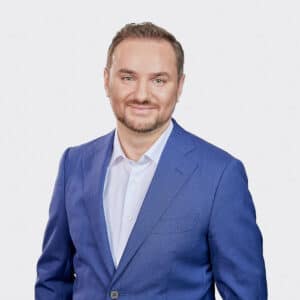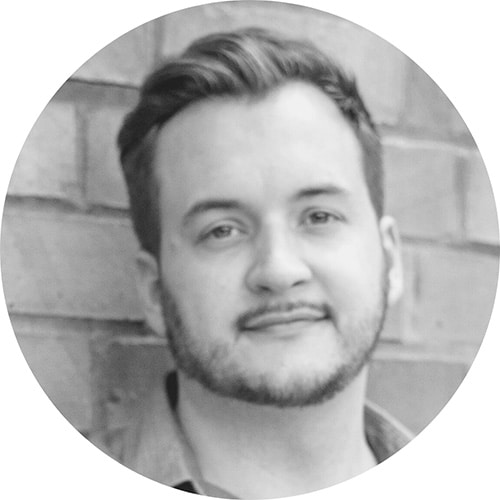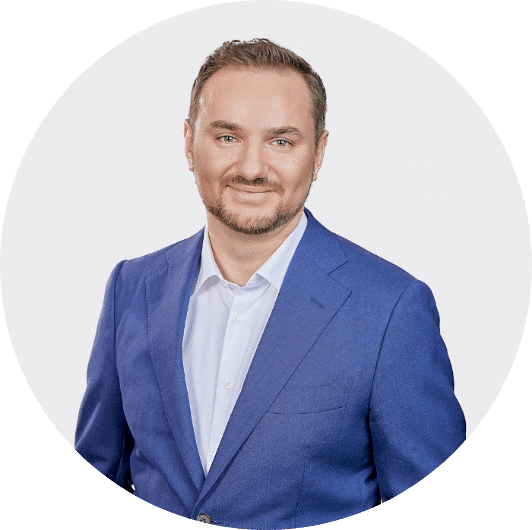David, as a founding team, did you make a conscious decision to pursue VC funding?
David: We looked at a wide variety of financing methods. It is important for me to emphasize that I have never considered it a reason to celebrate winning investors. This is a nice endorsement for one’s business model, but as a founder, you have to consciously choose whether you want to take this financing route. It has advantages, but you also sell shares of your company in the process.
We wanted to be independent of investors, but have gradually seen how important investors are for our business model. While we can also grow from our own cash flow, we then made a conscious decision to accelerate our growth and get VC funding.
But we […] then made a conscious decision to accelerate our growth and get VC funding.
What have been the biggest benefits to you from VC funding?
David: Apart from the fact that we could grow faster, we also wanted to bring in external know-how. That’s why we opted for a mix of angel investors and venture capital. As a result, we now hold fewer percentages in our own company, but have the advantages described above.
Thanks to investors, we also got through the Corona pandemic, which hit us hard. After all, our business model is to bring people together. Because our investors believe in our mission, now more than ever, they have poured in money. Without them, it would have been very difficult for us.
Thanks to investors, we also got through the Corona pandemic, which hit us hard.
Was there a moment when you thought a different funding strategy would have been better?
David: I’m not a person who thinks in terms of “woulda, woulda, coulda.” I think it was the right way for us and I’m happy the way it is. But everyone should freely decide for themselves and their business model. Taking on venture capital is often over-celebrated. The bootstrapping route is a very valid route for many business models. From my perspective, there needs to be more appreciation for this harder road, which is not as triumphant as venture capital funding.
The bootstrapping route is a very valid route for many business models. From my perspective, there needs to be more appreciation for this harder road, which is not as triumphant as venture capital funding.
David: For us, it had a positive impact in many ways. We used to be able to bring in talent that we otherwise wouldn’t have been able to pay. Such funding sends a signal to the outside world that makes it attractive to top talent. The financing also had advantages for our product. We’ve been able to afford development for our digital platform, which now has a lot of automation built into it. We could not have financed this without investors.
David: We have chosen the VC route and thus a growth route. We are ambitious. That’s why we chose investors like Acton Capital and MVentures. Of course, growth has come at the expense of our profitability because we reinvest heavily. But our investors don’t put any pressure on us. The cooperation is very cooperative. In addition, we have structured the contracts in such a way that we, as founders, remain in the driver seat.
What advice would you give to entrepreneurs who are facing this decision for a financing strategy right now? What should they pay attention to?
David: I would say talk to other founders. Founders are always happy to give advice because they know what it’s like when you’re just starting out. And don’t just speak once. You don’t do one round of financing and then stop, but after two or three rounds of financing you are faced with the question of whether you want to move towards profitability or do you want to do another larger round of financing on top of that. That’s why I recommend simply writing to founders on LinkedIn. It doesn’t matter if you already know each other. I myself have exchanged a lot with entrepreneurs, acquaintances and friends.
Talk to other founders. Founders are always happy to give advice because they know what it’s like when you’re just starting out.
Were you yourself worried that you wouldn’t reach the next round of funding because of the Corona pandemic?
David: Because we sell tickets, we are fortunate in our business model to have a strong cash flow from which we can grow organically. That means that even if we couldn’t raise a round of financing in the future, we could go back to it without major problems and switch from the VC route back towards profitability. During the pandemic, our cash flow was naturally restricted. In that case, it was helpful to have partners at our side who also invest in difficult times.













